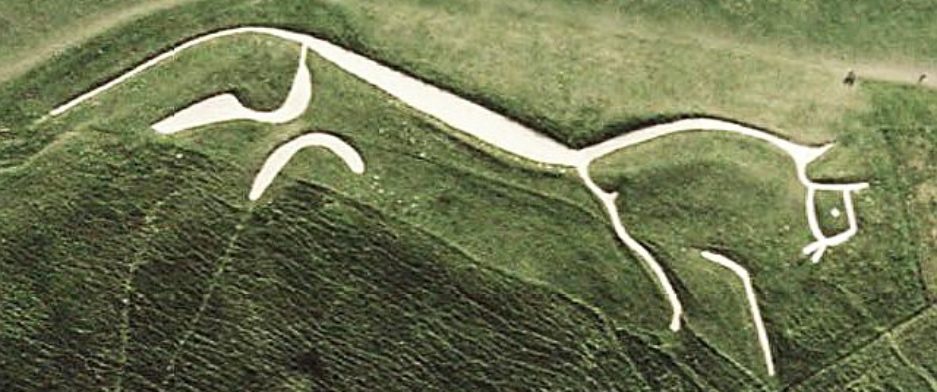This year I’m delighted to be teaching again and in person at The Highgate Literary and Scientific Institution in London. This course is full now but I’m hoping to develop this course and teach it again in the future. I’ve wanted to teach a course about contemporary literary fiction for a long time but it’s taken me a while to decide how to go about it. I’m going to post occasionally about what we’re discussing and tweet about it too @RachelMalik99

Contemporary Literature, Expanding Horizons.
What is contemporary literature? L/literature (as opposed to say ‘fiction’) always implies a qualitative judgement, but who makes these judgments about what contemporary Literature can be? And how and why might we want to expand it?
We’ll explore a range of novels and poetry (all published in English in or after 2017) and consider the role of publishing and reception, as well as writing, in shaping what comes to be called ‘literary’ and how it is read. Some books will be familiar, reviewed extensively in the broadsheet press, displayed prominently in bookshops, discussed or read on Radios 3 and 4. The rest will be less familiar e.g. published by small presses, shortlisted for lesser known prizes.
The course is shaped around three broad themes, central in much contemporary writing: form (the ways in which literature is or might be written); history (or histories: familiar and recovered, authorised or marginalised) and nature (human, animal, planetary). In each case a familiar text is the starting point: Sally Rooney’s Normal People (Faber, 2018), Maggie O’Farrell’s Hamnet (Penguin Random House, 2020) and Max Porter’s Lanny (Faber, 2019). We’ll read these in and among less well-known texts, mainly chosen from the shortlists of various literary prizes awarded in the UK (Forward Prize for Poetry, Rathbone Folio, Republic of Consciousness Prize, Warwick Prize for Women in Translation). Writers include: Fiona Benson, Sam Byers, Wioletta Greg, Preti Taneja, Olga Tokarczuk and Zoe Wicomb. We will draw on students’ knowledge of 20th and/or contemporary literature to situate these texts in context and make use of online resources: blogs, podcasts, prize and publisher websites, literary reviews and journals.
Autumn Term: Form
Sally Rooney, Normal People (Faber, 2018)
Preti Taneja, We That Are Young (Galley Beggar, 2017)
Wioletta Greg, Swallowing Mercury, trans. Eliza Marciniak (Portobello Books, 2017)
Jessie Greengrass, Sight (J M Originals, 2019)
Fiona Benson, Vertigo and Ghosts (Jonathan Cape, 2019)
Olga Tokarczuk, Flights, trans. Jennifer Croft (Fitzcarraldo 2017/2008)
Spring Term: History
Maggie O’ Farrell, Hamnet (Penguin Random House, 2020)
Zoe Wicomb, Still Life (The New Press, 2020)
Alex Phelby, Lucia (Galley Beggar Press, 2018)
Scholastique Mukasonga, Our Lady of the Nile, trans. Melanie L. Mauthner (Daunt Books, 2021/2012)
Sam Byers, Perfidious Albion (Faber, 2018)
Summer Term: Nature
Max Porter, Lanny (Faber, 2019)
Isabel Galleymore, Significant Other (Carcanet Press, 2019)
Sarah Moss, Ghost Wall (Granta, 2018)
